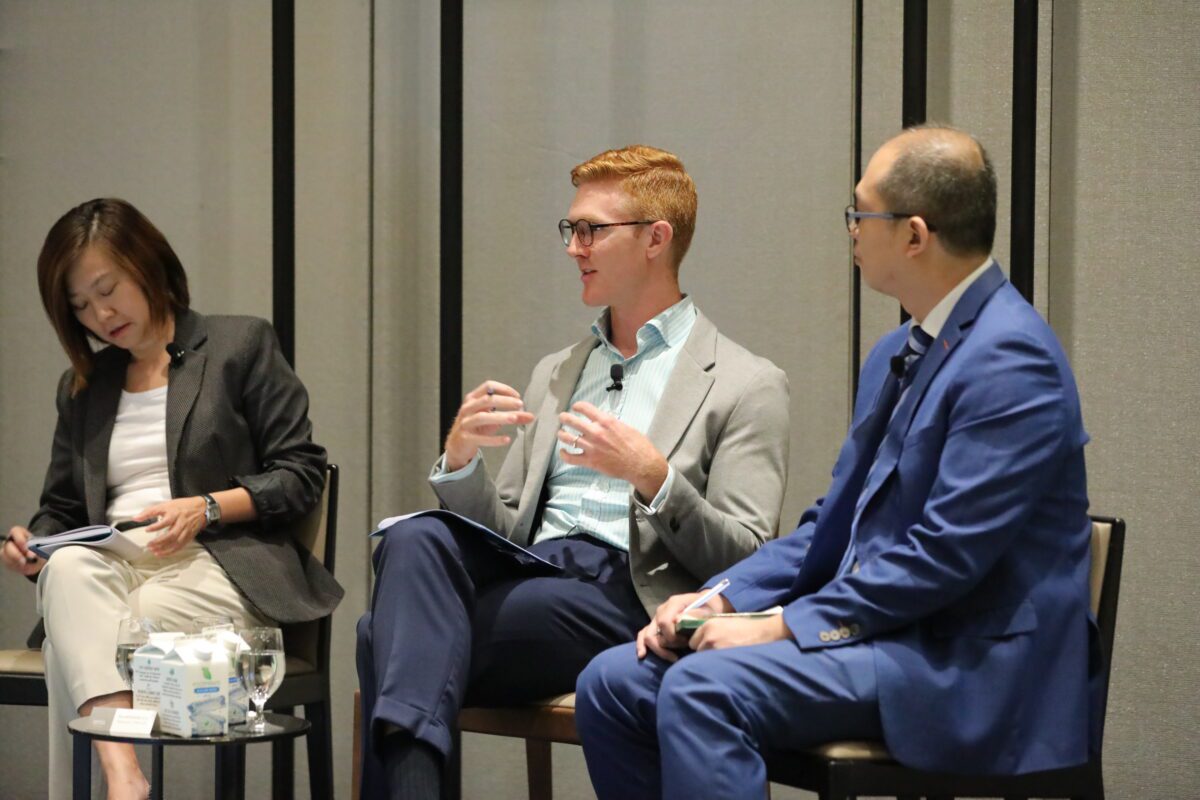The Carbon Market Institute (CMI) today released a Working Paper as an initial review of recent research challenging the administration and implementation of the Human Induced Regeneration (HIR) carbon farming method. The Working Paper highlights concerns with foundational assumptions in the research papers and identifies practical ways forward.
CMI established a HIR Method Review Sub-Committee to prepare the Working Paper including members with expertise and experience working within the method.
The review addresses some of the foundational assumptions made and puts forward practical next steps to affirm the integrity of the HIR method, facilitate continuous improvement of carbon farming methods, and to support enhanced data transparency, with appropriate privacy protections.
In particular, the review identified that the papers do not support related public statements that “70 to 80 per cent of the Australian Carbon Credit Units (ACCUs) issued to these projects are devoid of integrity – they do not represent real and additional abatement”. Neither paper 1 or 2 attempts to quantify the amount of ACCUs the authors claim are “devoid of integrity” in the analysis.
Instead, the papers identify potential technical issues which are acknowledged as either stemming from challenges with access to project level data, or the analysis highlights that the problems relate only to a small subset of projects or parts of projects, rather than all projects.
“Given the gravity of the claims made, CMI and its members are committed to a review of the papers released and as such, have completed this initial analysis to support further discussion about the HIR method and its administration. We also continue to welcome proposals for ongoing improvement in methods, additionality, transparency and governance,” said John Connor, CMI CEO.
The Working Paper suggests the below measures to chart a practical way forward:
- Affirmation of integrity of the HIR method: CMI stands ready to participate in any further reviews on HIR method improvements and to support independent analysis on the impact of the method based on appropriate data inputs.
- Continuous improvement of carbon farming: CMI is committed to continuous improvement of Australia’s carbon market and welcomes both scheme wide and method specific proposals for ongoing improvement, along with measures to strengthen governance.
- Enhanced data transparency: A key theme arising from the papers is availability of data for independent research and analysis. CMI, through its Landscape Taskforce, has been raising the importance of improved national data sharing frameworks that would improve transparency for some time and would welcome further collaboration on these frameworks as a practical next step.
In conjunction with the Working Paper, CMI has separately released an Explainer that provides a detailed overview of the key aspects of Australia’s carbon credit scheme and the ‘checks and balances’ in place to ensure integrity.
The Working Paper has been prepared to facilitate further discussion and does not necessarily represent an approved policy position of CMI or any of its individual members.
Resources:
- Working Paper: Response to research on Human Induced Regeneration Method
- Explainer: Integrity in Australia’s Carbon Market
The Carbon Market Institute is the independent industry association for business leading the transition to net zero emissions. Its over 130 members include primary producers, carbon project developers, Indigenous corporations, legal and advisory services, insurers, banks and emission intensive industries developing decarbonisation and offset strategies. CMI’s policy positions are approved by its Board and do not necessarily represent the views of all CMI members.
If you would like an interview, please contact Thomas Hann on 0408 880 536 or via email: thomas.hann@carbonmarketinstitute.org



